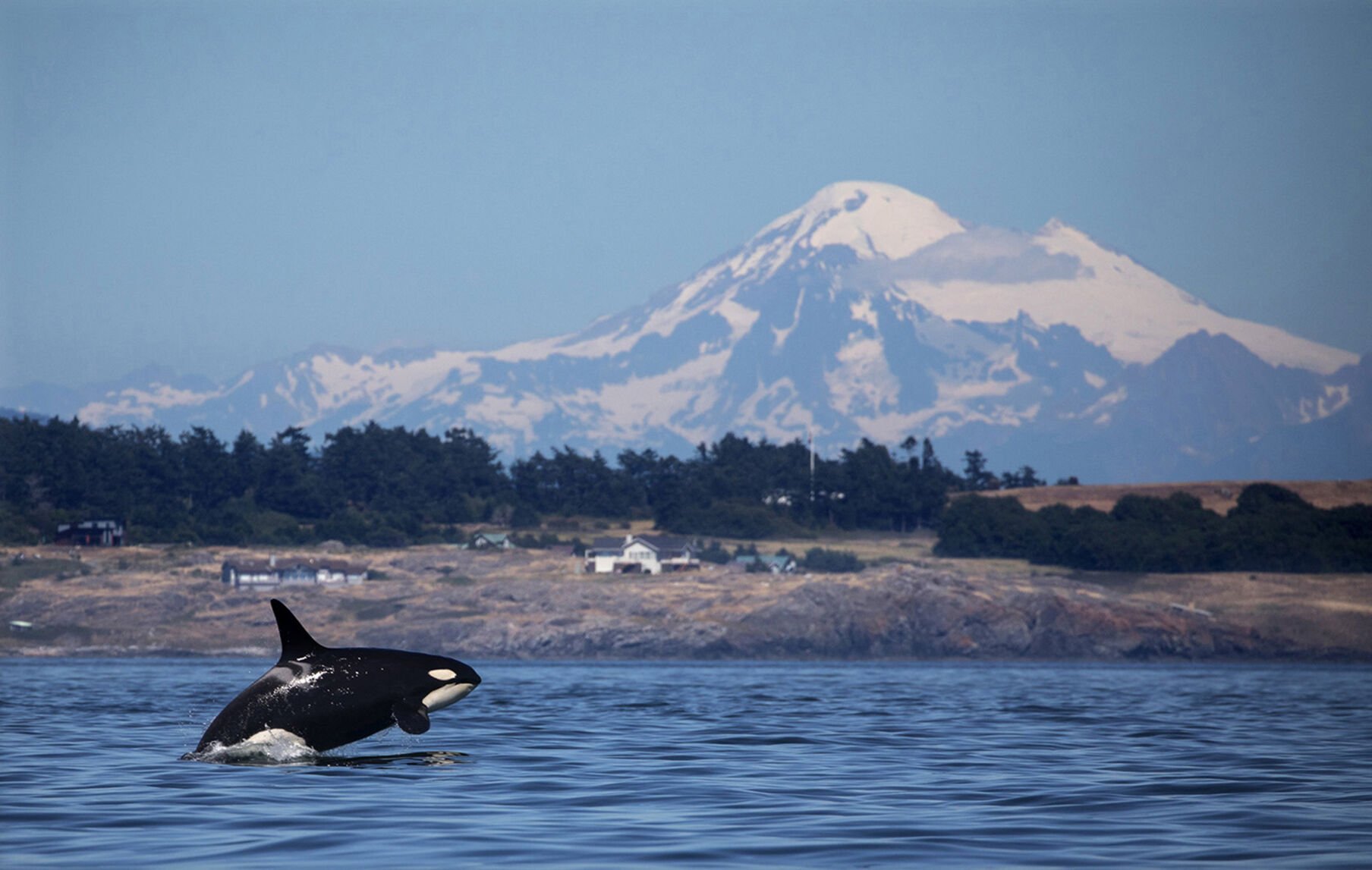Wild orcas have been observed trying to share their prey with humans on more than 30 occasions across four oceans, researchers have found. This surprising behavior may indicate a desire to develop relationships with people.
Wild orcas have been trying to feed people, new research shows

Key Takeaways:
- Wild orcas have tried to share prey with humans over 30 times.
- This behavior has been observed in four different oceans.
- Researchers believe orcas may be seeking relationships with people.
- Findings shed light on orca intelligence and social interaction.
Orcas Offer Gifts: Attempts to Share Prey with Humans
Wild orcas on more than 30 occasions across four oceans have attempted to share their prey with people, researchers have found. This unexpected behavior suggests that these majestic creatures may be seeking to develop relationships with humans.
A Global Phenomenon
The instances of orcas offering prey to humans have been documented in four oceans, indicating that this is not an isolated occurrence but a widespread behavior. Over 30 such events have been recorded, capturing the attention of researchers and marine enthusiasts alike.
Seeking Connection with Humans
Researchers propose that the orcas’ actions may be an attempt to establish a connection with people. By sharing their catch, orcas could be displaying advanced social behaviors and intelligence, signaling a willingness to interact beyond their species.
Insights into Orca Social Behavior
These findings shed new light on the complexity of orca social structures and their capacity for interspecies interaction. The behavior of offering food to humans highlights the potential for deeper understanding and appreciation of these animals.
Implications for the Future
The discovery of orcas attempting to share prey with humans opens up questions about how we engage with marine life. As researchers continue to observe and interpret these actions, there may be significant impacts on conservation efforts and human approaches to wildlife interactions.











